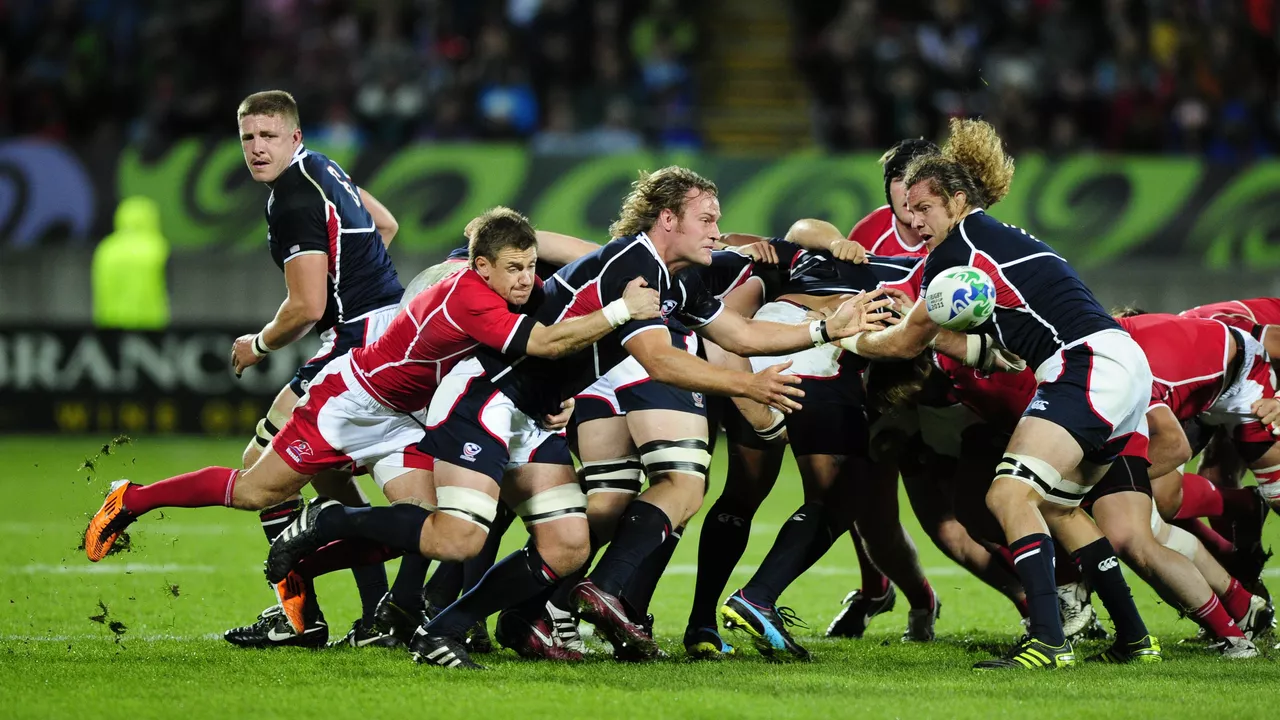Sports and Fitness: Practical Advice for Rugby Players
Rugby is a tough sport, and staying fit enough to play well can feel like a full‑time job. Whether you’re wondering how long a career can last or if you can join a team after 40, the answers are simpler than you think. The right training, recovery habits, and mindset make a huge difference. Let’s break down what you need to know to keep moving forward on the field.
How Long Do Rugby Careers Really Last?
Most professional players hang up their boots before they hit their mid‑30s. The impact of tackles, scrums, and constant contact means injuries pile up fast. A hooker or prop, for example, often feels more wear and tear than a winger because they’re in the thick of the action every play.
But you don’t have to accept a short career as inevitable. Players who prioritize strength training, mobility work, and proper nutrition can extend their playing years by several seasons. Doing regular mobility drills—think hip openers and shoulder rotations—keeps joints supple and reduces the chance of soft‑tissue injuries.
Recovery is another game‑changer. Ice baths, compression sleeves, and a solid sleep routine let the body repair between matches. Even simple habits like a 10‑minute foam‑rolling session after training can cut down soreness and keep you match‑ready longer.
Finally, smart game‑time decisions matter. Knowing when to dive for a tackle and when to stay upright preserves energy and reduces the risk of concussions. Seasoned players often talk about “playing the long game” – a mix of physical prep and tactical awareness that adds years to their résumé.
Is Starting Rugby at 40 a Good Idea?
Absolutely, if you’re up for it. Many clubs run social sides specifically for players over 35, so you won’t be the only one learning the ropes later in life. The key is to adjust your expectations: you won’t be sprinting like a teenager, but you can still enjoy the camaraderie and the fitness boost.
Begin with a solid fitness baseline. Focus on core strength and cardio – activities like rowing, swimming, or brisk walking build the stamina needed for a 70‑minute game without over‑loading the joints. Light resistance work (bodyweight squats, push‑ups, kettlebell swings) helps you handle the physical contact safely.
When you step onto the field, start with low‑impact drills. Practice passing, basic tackling technique, and positional play before diving into full‑contact scrums. Listening to your body is crucial – if a muscle aches, give it a day’s rest rather than pushing through.
Social benefits can be a huge motivator. Joining a veterans team means you’ll meet people who share stories, laughs, and a love for the game. That community vibe often keeps players showing up week after week, even when the training feels hard.
In short, age isn’t a barrier; smart preparation is. Build a strong fitness foundation, learn the basics at a comfortable pace, and let the social side of the sport keep you motivated. You’ll find rugby can be a rewarding way to stay active well into your 40s and beyond.
Whether you’re a young pro aiming for a longer career or a newcomer wondering if you can still give it a go, the mix of proper training, recovery, and a positive attitude makes all the difference. Keep moving, stay curious, and enjoy every tackle, sprint, and laugh on the field.

